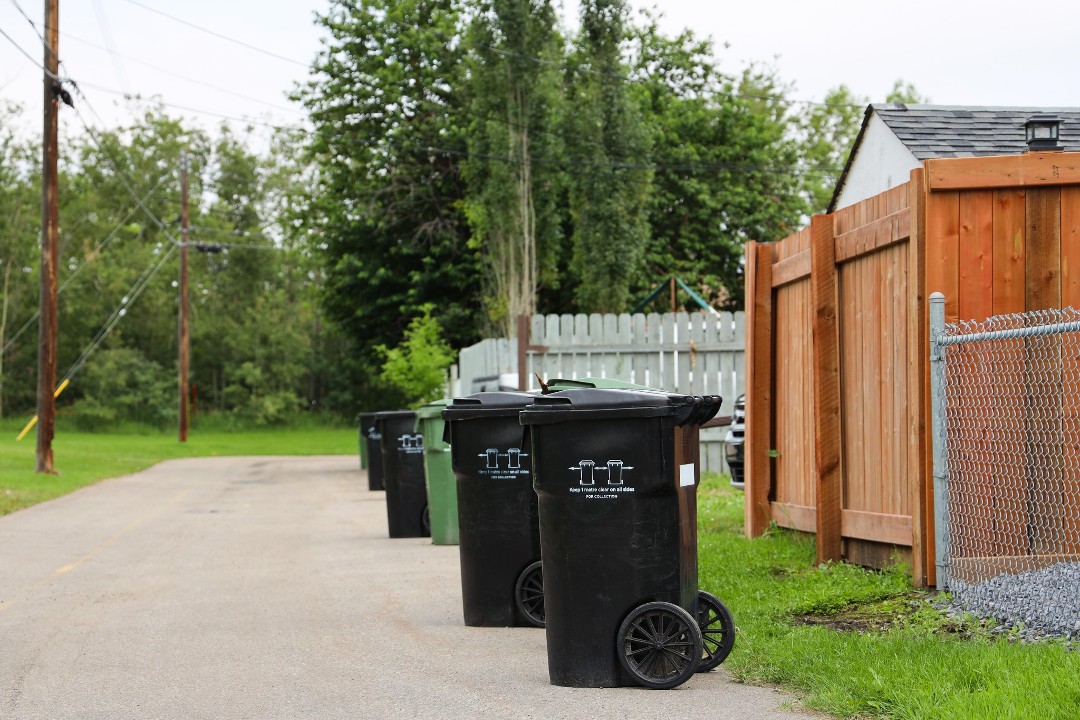
How Leduc uses AI to keep plastic out of organics carts
A Leduc pilot program that uses artificial intelligence to help residents keep plastic out of organics bins has been extended to the end of 2024 after the city saw a significant reduction in contamination.
Back in June 2023, when Leduc introduced the Organics AI program, roughly 20% of the organics carts its crews collected were contaminated, usually with plastics. This created a problem as processing facilities won't accept organics over a contamination threshold.
Leduc wanted residents to sort their waste properly and brought in AI to help shift behaviours.
"When the collection truck goes to a household and picks up the cart, a photo is taken of all the items that fall out, and the AI tech can identify whatever contaminations we set," said Michael Hancharyk, environmental manager with Leduc.
If the AI notices a contaminant (Leduc is mainly targeting plastic film for its program), a human looks and confirms the AI is right. There is a GPS chip in each bin that matches it with the house's address. Then, the city sends an educational mailer to the house with a photo of their contaminant.
Hancharyk said the mailer has tips for what should and shouldn't go into the cart. "Then hopefully, the resident thereafter learns from their mistake and can compost better," he said. The city also recommends residents download an app to learn more about waste sorting.
A recent waste audit found that since the program has been active the contamination rate for organics carts dropped to less than 10%. Hancharyk said the city sent out 900 mailers in the first eight months of the program and that each month it sends out fewer of them — though that may be a seasonal trend, as there are no lawn clippings in the last few months of the year and therefore fewer compost bins have been put out for collection.
There have been some bumps along the way, too. "We've seen 13 houses that are continually receiving mailers," Hancharyk said. "We're now moving to a formal letter to these 13 households, but 13 households out of 10,000 houses is really low, less than 1%."





